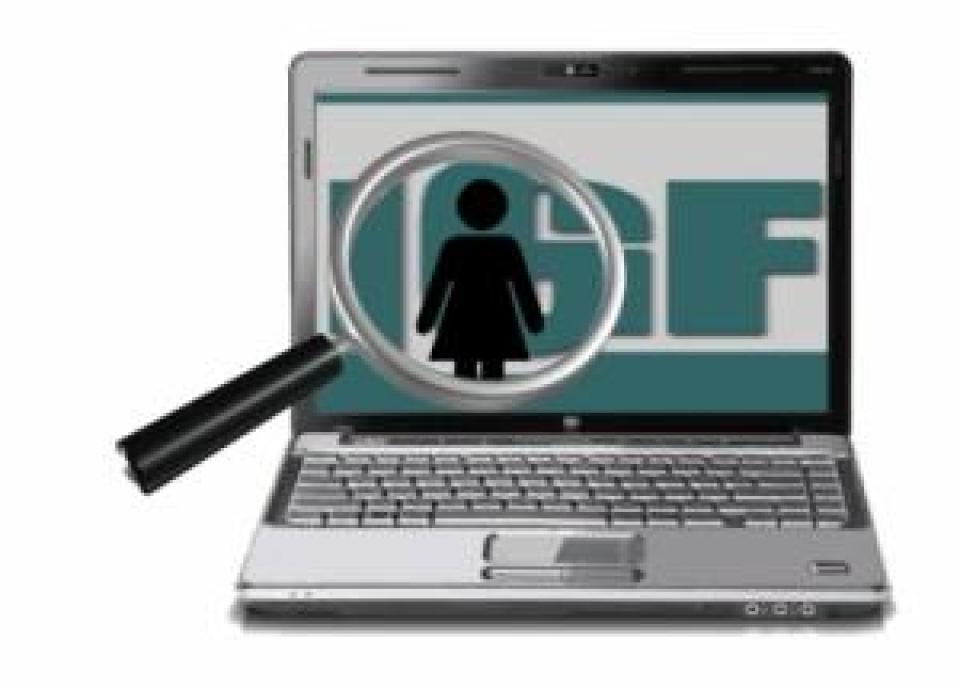
In 2011, APC successfully piloted & advocated for the formal implementation of a gender report card for IGF workshops and main sessions as a way to monitor and assess the level of gender parity and inclusion.
Although women made up at least half, and sometimes even a majority of participants in 50% of the monitored sessions, and there is a relatively small gender gap between male and female presenters, this did not translate into actual inclusion of gendered perspectives and analysis in the content of the discussion or presentations. This led us to assess that no direct link can be made between numbers and gender inclusion, which is an important learning for the organisers of IGF and IGF workshops. This includes the MAG (Multistakeholder Advisory Group), the IGF secretariat and organisers or parallel workshop sessions.
If there is serious commitment to uphold the multistakeholder principles and to ensure diversity of concerns and knowledge, this means critical inclusion of gendered analysis and perspectives. There is a need to go beyond numbers and move from gender parity to inclusion. Some recommendations to this end includes specific consideration of the gendered dimension of thematic areas, and identifying speakers who can enrich the dialogue on internet governance by bringing in a women’s rights and gendered analysis.
The IGF Gender Report Card is an initiative to measure the level of progress on the inclusion of gender equality and the promotion women’s empowerment in this important internet governance policy dialogue process. It is developed in recognition of the commitment as outlined under Article 12 of the WSIS Declaration of Principles, which states:
“We affirm that development of ICTs provides enormous opportunities for women, who should be an integral part of, and key actors, in the Information Society. We are committed to ensuring that the Information Society enables women’s empowerment and their full participation on the basis on equality in all spheres of society and in all decision-making processes. To this end, we should mainstream a gender equality perspective and use ICTs as a tool to that end.”
The Gender Report Card basically looks at:
1. Number of men and women speakers at the session, and what stakeholder groups they represent.
2. Countries of origin of the speakers.
3. Number of women participants presents at the sessions.
4. To what extent does sessions discuss gender equality and/or women’s empowerment.
5. If the session discusses issues affecting gender equality and women’s empowerment.
6. Comments or recommendations on how to improve the inclusion of issues related to gender equality and the participation of women at the IGF in the future.
This year the MAG supported the formal inclusion of the Gender Report Card in the IGF reporting process. Workshop organisers are asked to fill in the card as part of their reporting process to the IGF.
Are you at the IGF? Take this on! Invite others to take part. You can find attached at the end of this note the Gender Report Card. Download it!
You can complete it online: https://www.apc.org/limesurvey/index.php?sid=51756&lang=en
You can help by printing it out and bringing it to your workshops, or you can share it online with other IGF participants. If you know people at the IGF, please email them this card.
Once the Gender Report Cards are filled up, please look out for any APC member at the IGF and deliver the cards to them.
You can also email the unprinted cards to katerina.fialova [at] apcwomen.org or flavia [at] apcwomen.org
- 4999 views






Add new comment